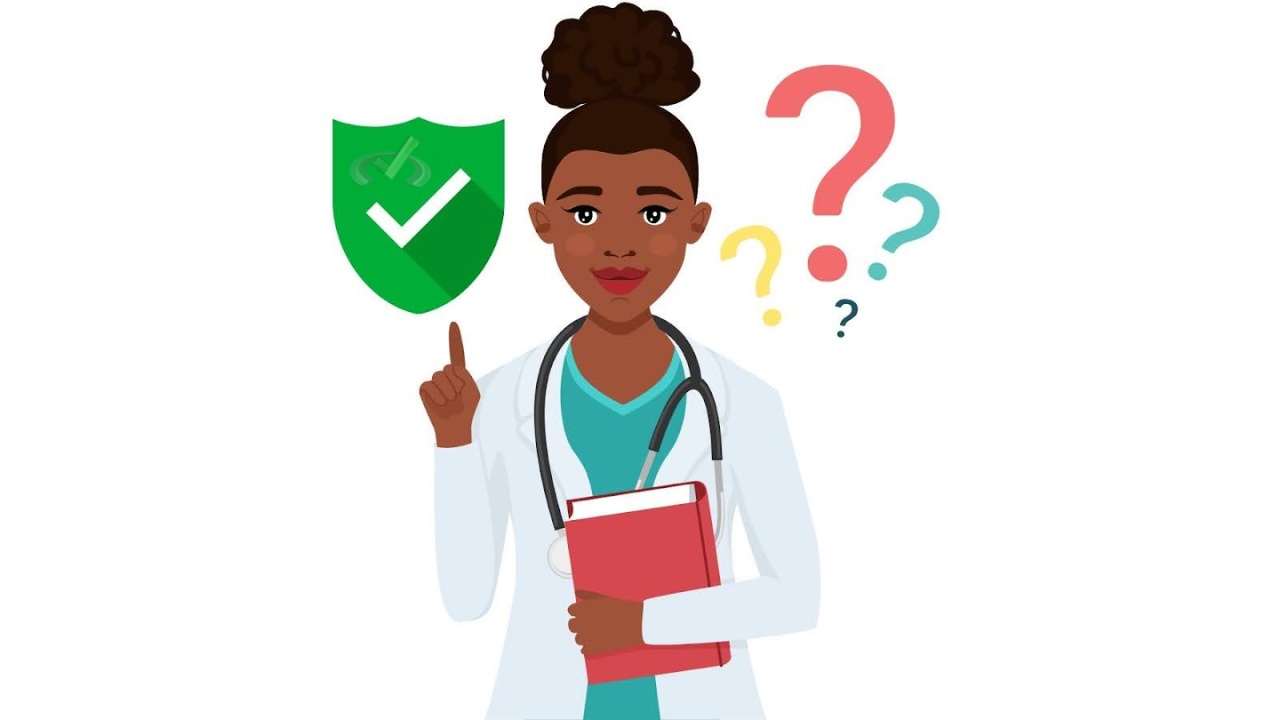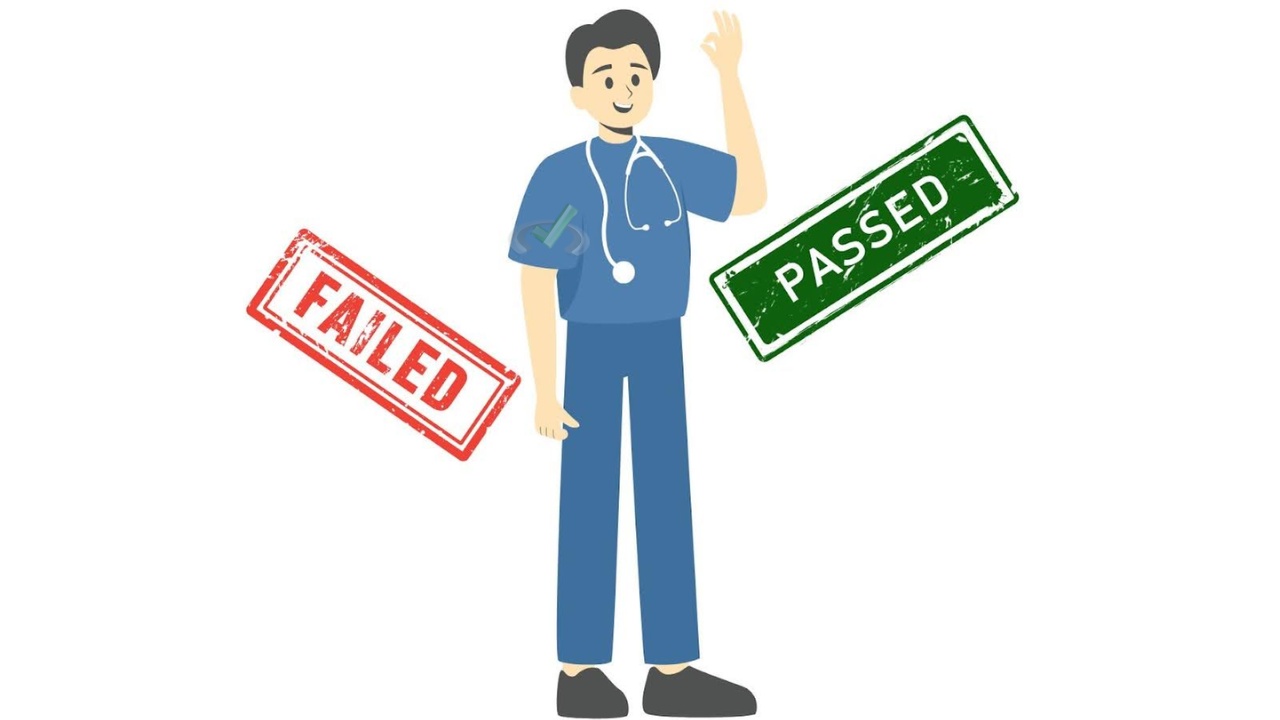
You step out of the NCLEX testing center, hands shaking, heart pounding, and brain completely fried. The exam is over, but the anxiety isn’t. The computer shut off, but what does that mean? Did you do well? Did you bomb it? There’s no way to know for sure—not yet, at least.
Waiting for official results takes weeks, and that’s why many test-takers check NCLEX early results. Quick Results give you a sneak peek at your pass/fail status within 48 hours, but are they really accurate?
Let’s go deep into how the NCLEX is scored, what the early results mean, and whether you can trust them.
How Do NCLEX Early Results Work?
The NCLEX early results service, known as Quick Results, is an unofficial score reporting system offered through Pearson VUE. It allows candidates to see their exam outcome 48 hours after taking the test—long before official results arrive.
These results are not legally official, but they are processed immediately after the exam, making them almost always correct.Why Does It Take 48 Hours?
You may wonder why Pearson VUE can’t release the results right away. The system already determines whether you pass or fail before you even walk out of the test center.
So why wait?
The reason is that official results go through an extra verification process with the National Council of State Boards of Nursing (NCSBN) and the state nursing boards. They check for issues like test irregularities, missing payments, or flagged exams before releasing the final, official score.Who Can Access NCLEX Early Results?
Not everyone can use Quick Results. Here’s who qualifies:

How the NCLEX Determines Your Pass or Fail Status
Understanding the Computerized Adaptive Testing (CAT) System
The NCLEX is different from traditional tests. There is no fixed number of questions, and you don’t pass based on a percentage score.
The test adapts to your individual performance using a system called Computerized Adaptive Testing (CAT). Here’s how it works:Ways the NCLEX Can End
The NCLEX exam shuts off in one of three ways:
Since the system processes results instantly, NCLEX early results are almost always accurate.
Can You Trust NCLEX Early Results?
Are NCLEX Early Results Ever Wrong?
The short answer: Not really.
Pearson VUE processes the score immediately. The pass/fail decision is already finalized the moment you complete the exam.
The only time an error occurs is if:
In 99.9% of cases, Quick Results correctly reflect the final score.
Pearson VUE Trick vs. NCLEX Early Results: Which One Works?
Many test-takers try the Pearson VUE Trick (PVT) before checking their NCLEX early results.
The trick works like this:
Some claim the trick works, while others report false positives or false negatives due to technical errors.
NCLEX early results, however, are far more reliable since they come directly from Pearson VUE’s official system.How to Check Your NCLEX Early Results
If your state participates in Quick Results, follow these steps:

What If Your NCLEX Early Results Say You Failed?
Getting a fail result can feel devastating, but it’s not the end of your nursing career. Many incredible nurses didn't pass the NCLEX on their first attempt. Failing doesn’t define you or your potential to be a great nurse—it’s just a step in the process. Here’s what you can do next:
Wait for Your NCLEX Candidate Performance Report (CPR)
This report is a detailed breakdown of your performance across different test categories. It shows which areas you struggled with, helping you focus your study efforts.
Identify Weak Areas
The NCLEX exam covers eight Client Needs categories. The CPR will highlight the sections where you had trouble, which can guide you in refining your knowledge and improving weak spots. Don’t focus on everything at once—target the areas that need the most improvement.
Plan for a Retake
Most states allow candidates to retake the NCLEX after 45 days. Once your waiting period is over, you can register again through Pearson VUE.
It’s important to prepare differently for your retake. Instead of re-reading textbooks, focus on practice questions and active recall. Many candidates find tools like MedLife Mastery, UWorld, Hurst, or Kaplan helpful for targeted review and critical thinking practice.
If your Quick Results weren’t what you hoped for, don’t lose confidence. Passing the NCLEX is about strategy, not just studying harder. Subscribe to our NCLEX Daily Dose Emails for daily expert tips, practice questions, and game-changing insights to help you prepare for your next attempt. Let’s make your retake the last one.Does Every State Offer NCLEX Early Results?
No. Some states do not participate in the Quick Results program. If your state doesn’t participate, you’ll need to wait for your official results to arrive from your nursing board.
States That Do Not Offer NCLEX Early Results
If your state is not listed, check with your state’s nursing board to confirm whether NCLEX early results are available in your area. It’s always a good idea to understand the process specific to your state to manage expectations and reduce stress.
How to Prepare for NCLEX to Maximize Your Chances of Passing
Taking the NCLEX is a major step in becoming a licensed nurse. The pressure is high, and the exam’s adaptive format can feel unpredictable. While NCLEX early results can tell you whether you passed or failed within 48 hours, your main focus should be preparing well enough to pass on the first try. A solid study plan, the right resources, and test-day strategies can make all the difference.
Build a Study Plan That Works for You
A successful study plan doesn’t mean cramming all day. It means strategizing your review based on your strengths and weaknesses.
Make studying easier with our NCLEX Cheatsheets—a must-have guide covering test strategies, priority topics, and key nursing concepts. Whether you’re gearing up for your first attempt or preparing for a retake, these cheatsheets will help you focus on what really matters.
Practice, Practice, Practice
Doing thousands of practice questions is one of the best ways to prepare. The NCLEX is all about critical thinking, so understanding why an answer is correct is more important than memorizing it.
Test-Day Strategies to Improve Your NCLEX Performance
The day of your exam matters just as much as the months of studying leading up to it. The right test-day approach can help reduce anxiety and improve focus.
What to Do the Day Before the NCLEX
The NCLEX early results service can tell you if you passed, but your goal should be to walk into the exam feeling confident. What you do the day before matters.
During the Exam: Stay Calm and Focused
The NCLEX is a mental marathon, so managing stress and keeping a level head will help.
After the NCLEX: Checking Your NCLEX Early Results
Once the exam ends, NCLEX early results give you an option to check your pass/fail status within 48 hours. If you prepared well and used these strategies, you’re likely in good shape. But no matter the outcome, remember—this test does not define your ability to be a great nurse.

Final Thoughts on NCLEX Early Results
The NCLEX early results service provides test-takers with an unofficial, but highly accurate way to check their pass/fail status before official results are released.
If you pass, you can move forward with licensing steps. If you fail, you can immediately start preparing for a retake.
The waiting period is nerve-wracking, but NCLEX early results provide clarity at a time when you need it most.